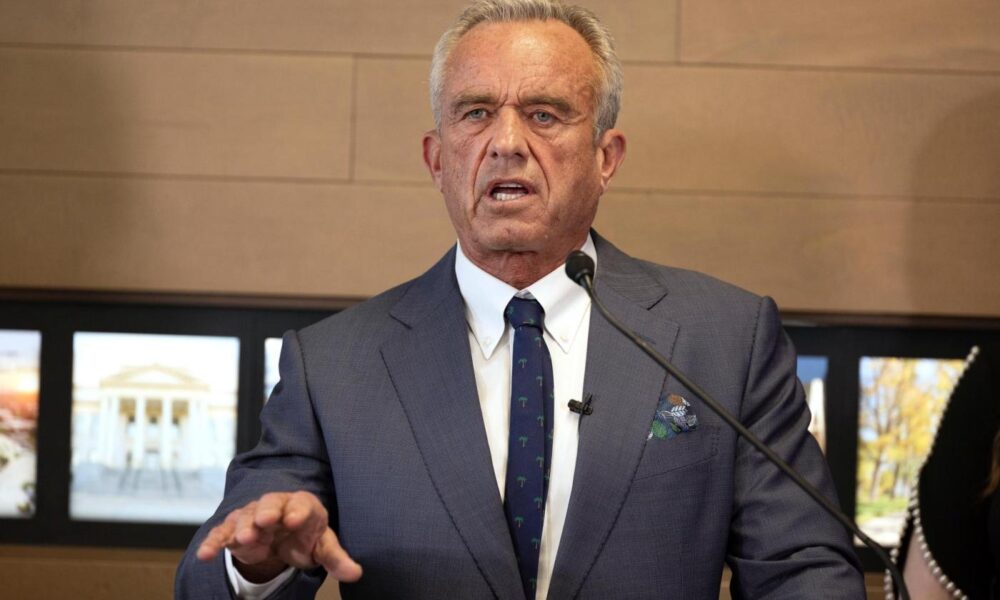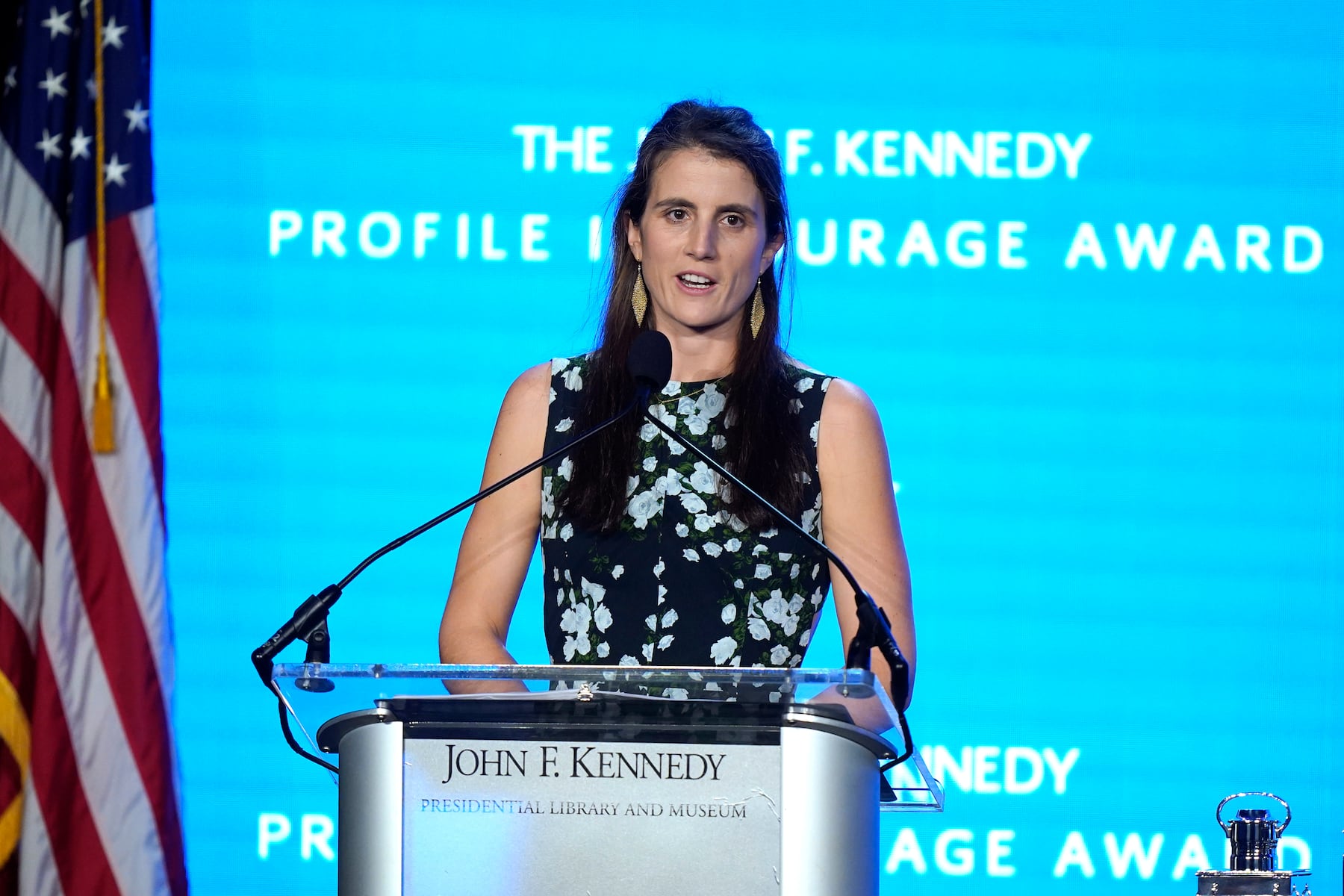Public health discussions in the United States have recently taken unexpected turns, with various controversies capturing national attention. Notably, claims linking circumcision to autism, along with speculations regarding the origins of Lyme disease, have created a heated atmosphere. These developments highlight significant concerns regarding the direction of public health policy and the influence of political figures on scientific discourse.
Robert F. Kennedy Jr. has stirred debate by asserting that circumcision may contribute to autism. This claim has drawn criticism from many in the medical community, who emphasize the lack of scientific evidence supporting such a correlation. In a related vein, Marty Makary, the Commissioner of the Food and Drug Administration (FDA), has speculated that government laboratories may be connected to the spread of Lyme disease, citing proximity to areas affected by the original outbreaks. His comments have raised eyebrows, as they seem to lack a solid scientific basis.
In Congress, Marco Rubio and other representatives have brought attention to environmental concerns, particularly regarding the potential presence of abortion-inducing drugs, such as mifepristone, in waterways. This inquiry reflects a growing obsession with how various substances impact both human health and the environment. Recently, GOP members of Congress have urged the Environmental Protection Agency (EPA) to investigate whether mifepristone poses an ecological hazard, hinting at a desire to track its presence back to individual households.
Public Figures’ Influence on Health Discussions
The landscape of public health is further complicated by the influence of prominent figures. Marjorie Taylor Greene has drawn attention for her controversial statements, echoing sentiments from various factions regarding pandemic responses. Recently, her remarks suggested that public health measures may be motivated by “nefarious intentions,” a narrative that resonates with some constituents but raises concerns among health professionals.
Closer to home, Florida’s state surgeon general, Joseph Ladapo, has made headlines for his unconventional views on vaccines and pandemic prevention. His approach, often deemed unorthodox, has included references to spiritual guidance from figures such as the Archangel Michael. While some may find this perspective intriguing, others see it as diverging from established scientific principles.
The emergence of so-called “MedBeds” has also captured public fascination. These devices, which proponents claim can regrow limbs or cure cancer, have been linked to conspiracy theories surrounding high-profile figures like John F. Kennedy Jr.. Despite their fantastical claims, these devices do not have any scientific backing and are widely regarded as pseudoscientific.
A Call for Clarity in Public Health Policy
The current climate surrounding public health is marked by misinformation and sensational claims. Reports by outlets like Mother Jones have scrutinized these narratives, urging a return to evidence-based discussions. As the discourse continues to evolve, it is crucial for public health officials and lawmakers to prioritize accurate information over sensationalism.
The need for clarity has never been more pressing. As health policy becomes intertwined with political agendas, the stakes for public health are high. Addressing these challenges requires a commitment to scientific integrity and a focus on the well-being of communities. Ensuring that discussions around health are based on credible evidence rather than conjecture will be vital for fostering trust and promoting effective health strategies.
In summary, the complexities surrounding public health in the United States are increasingly influenced by political figures and sensational claims. As these discussions unfold, a focus on evidence-based practices will be essential in navigating the evolving landscape of health policy.







